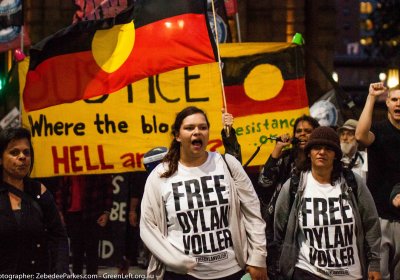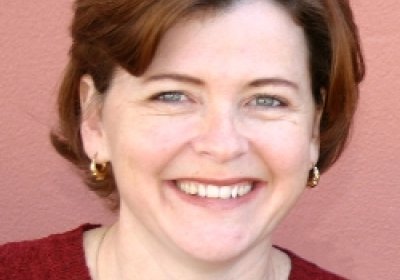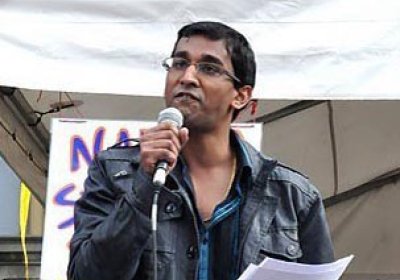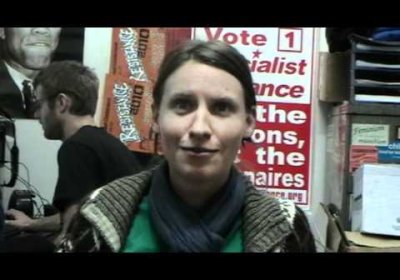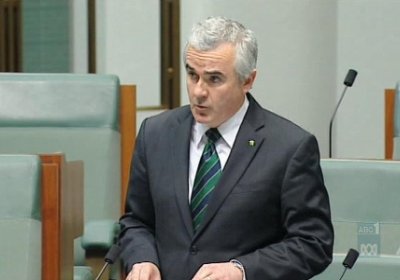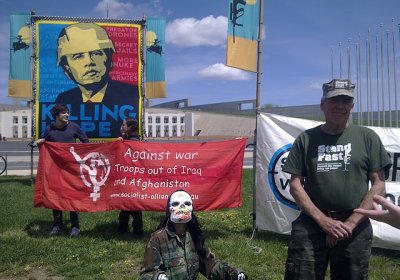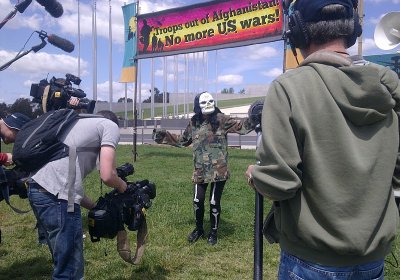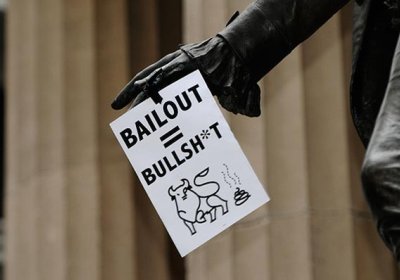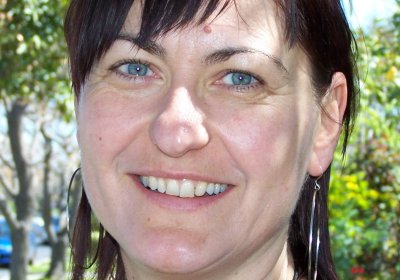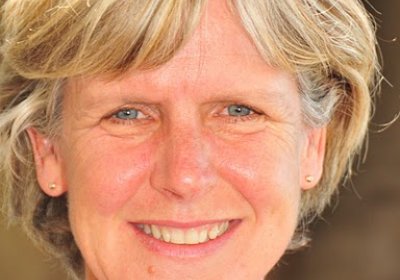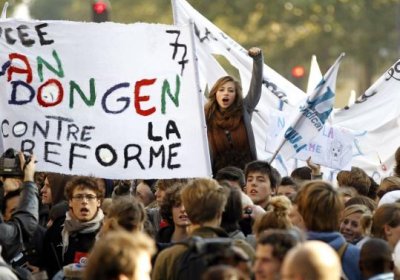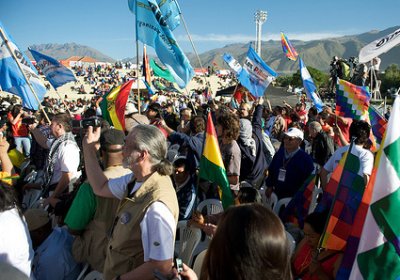The National Day of Action against Youth Incarceration on October 11 was marked by a protest rally and march, which also blocked a CBD intersection.
Issue 857
News
The elegant, seaside town of Queenscliff on the Bellarine Peninsula in Victoria was once a quiet “sleepy hollow”, according to Chris Johnson, a local resident and public housing tenant for 30 years. But recently the Victorian Office of Housing realised its tenants were sitting on a goldmine. Some tenants have been relocated to shoebox-sized units in less attractive areas. Meanwhile, on October 9, two heritage-listed pilot cottages owned by the department were sold for $1.2 million.
This year is the 15th anniversary of the Nargar Kovil school massacre in Tamil Eelam, the Tamil area of Sri Lanka. On September 22, 1995, the Sri Lankan Air Force (SLAF) bombed Nargar Kovil Maha Vidyalayam schoolyard, which was crammed with 750 children on their lunch break. Reports of the number of children killed vary from 26 to 70. Twelve of the children killed were six or seven years old. One hundred and fifty were injured, including 40 seriously. Twenty-two children had their limbs amputated. Ten of the amputees were under 12.
Jess Moore, the Socialist Alliance candidate for Cunningham, on the NSW South Coast, speaks about the climate change challenge.
Jess Moore, the Socialist Alliance candidate for Cunningham, on NSW's South Coast, on young people's attitudes to the August 21, 2010 Australian federal election.
Green Left Fighting Fund
Analysis
The second MP to speak in the House of Representatives debate on Australian military intervention in Afghanistan – a debate held nine years after the intervention began – was the newly elected independent Member for Denison (Tasmania) Andrew Wilkie.
On October 19, at exactly 3.30pm, the Lib-Lab politicians suddenly went from smirk to sombre as the Afghanistan “debate” finally started – nine years too late.
On October 19, Sydney Stop The War Coalition activist Marlene Obeid was dragged out of the parliamentary public gallery as Australia's Prime Minister Julia Gillard announced that Australian troops would be "engaged in Afghanistan at least for the rest of this decade".
Pip Hinman has been pre-selected to run for the Socialist Alliance in the NSW seat of Marrickville in the March state elections. She is an activist journalist and stood in the seat in 2007. Hinman was active in the pro-choice movement in Sydney and Brisbane in the 1980s and 1990s. Below, she responds to the October 14 not guilty verdict in the trial of the Cairns couple charged under Queensland’s abortion laws. * * * The not guilty finding of the young Cairns couple should be the impetus for the NSW government to remove abortion from the NSW Crimes Act of 1900.
